One of the most difficult words to hear, much less accept, is “NO,” especially when you put everything you have into a project or manuscript. You might have done everything right. Your characters are well developed, your dialogue is smooth and authentic, your plot progresses naturally, and your conclusion leaves no stone unturned. Publishers can say NO for a variety of reasons. The important thing to remember is NO doesn’t mean NEVER, and it’s hardly the end of the line for your book.
Every author is intimately acquainted with NO. NO can shadow any author’s doorstep. Once NO turns up, however, the ball returns to your court. How will you receive NO? And how will you turn NO into his foil, the almighty YES?
I’m going to illustrate my point with some suggestions of what NOT to do, using a personal example. I submitted a manuscript—one I deeply cared for and believed would make a good addition to any publisher’s roster—to a number of publishers, particularly those I truly wanted to call home. One publisher’s requirements were the standard first three chapters with the synopsis, blurb, and other usual suspects. The first three chapters were received with enthusiasm, and the publisher quickly requested the rest of the book. I sent it in and started daydreaming about how the cover would look, how well it’d be received, and hoping I’d get along with my editor.
Of course, this story has a predictable ending. After six weeks of impatience, the publisher contacted me and said thanks, but no thanks. I was devastated. I quickly sent the manuscript to another one of my dream publishers, and they sent back a rejection letter as well as advice on how to improve the book for possible future consideration. I read over the advice and agreed with everything said, but I was too eager to see the book published. I’ll blame this on being a twenty-something who’s wanted to have a print book since she was nine years old, and hadn’t the patience to do it the way it ought to be done.
Did I get this book published? Yes. Did I make sacrifices? You bet. Do I wish I’d followed the advice presented by the second publisher? Oh God, yes. I feel like I compromised my integrity by being eager and selfish, which didn’t harm me so much as it harmed what the story could have been. As it is, I ended up rewriting most of the book, anyway. When someone tells you NO, it doesn’t necessarily mean you have a bad manuscript, and there are ways to turn a no into a yes.
Don’t sell yourself short in order to see your book published. When you get the dreaded NO, ask yourself “why?” Have a third party, someone you trust as well as someone who will give an honest, impartial opinion, look over your book. Is it something you would buy? Is it something you would enjoy? What changes could you implement to make it more accessible for readers? Don’t settle when it comes to your work. NO is the gateway to improving yourself. Take it as a blessing. After all, NO isn’t permanent in this industry. What happens after NO is up to you.
Monday, October 18, 2010
Subscribe to:
Post Comments (Atom)
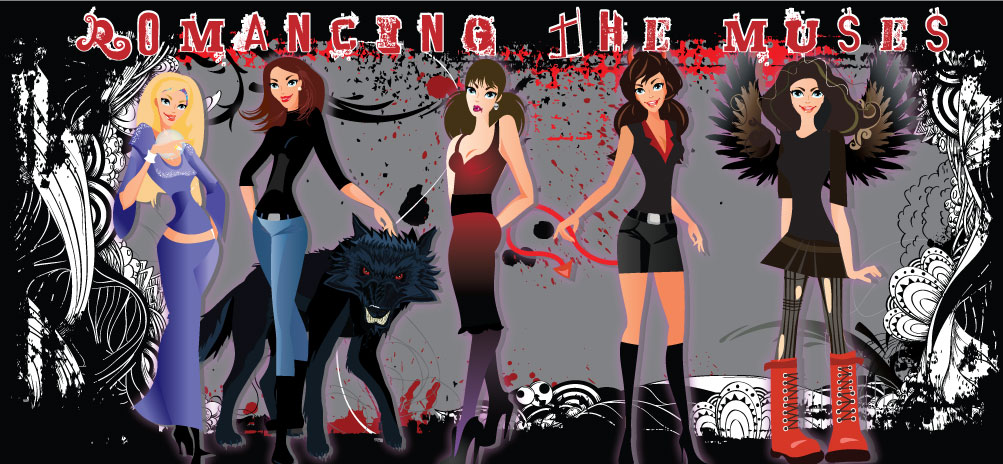
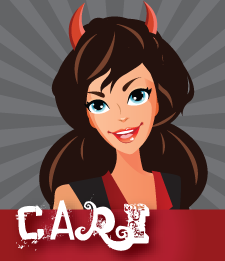
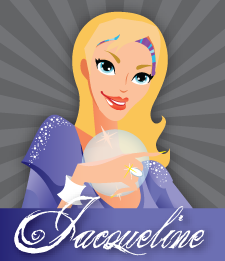


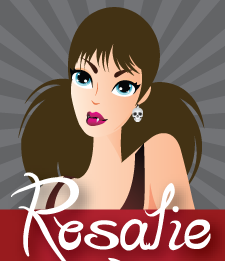
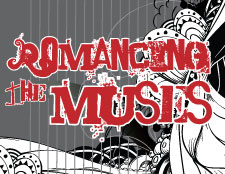



1 comments:
A wonderfully insightful post - I wrote a long response yesterday but the computer ate it before it posted, but I wanted to stop by again today and say this post was very helpful to me.
Post a Comment